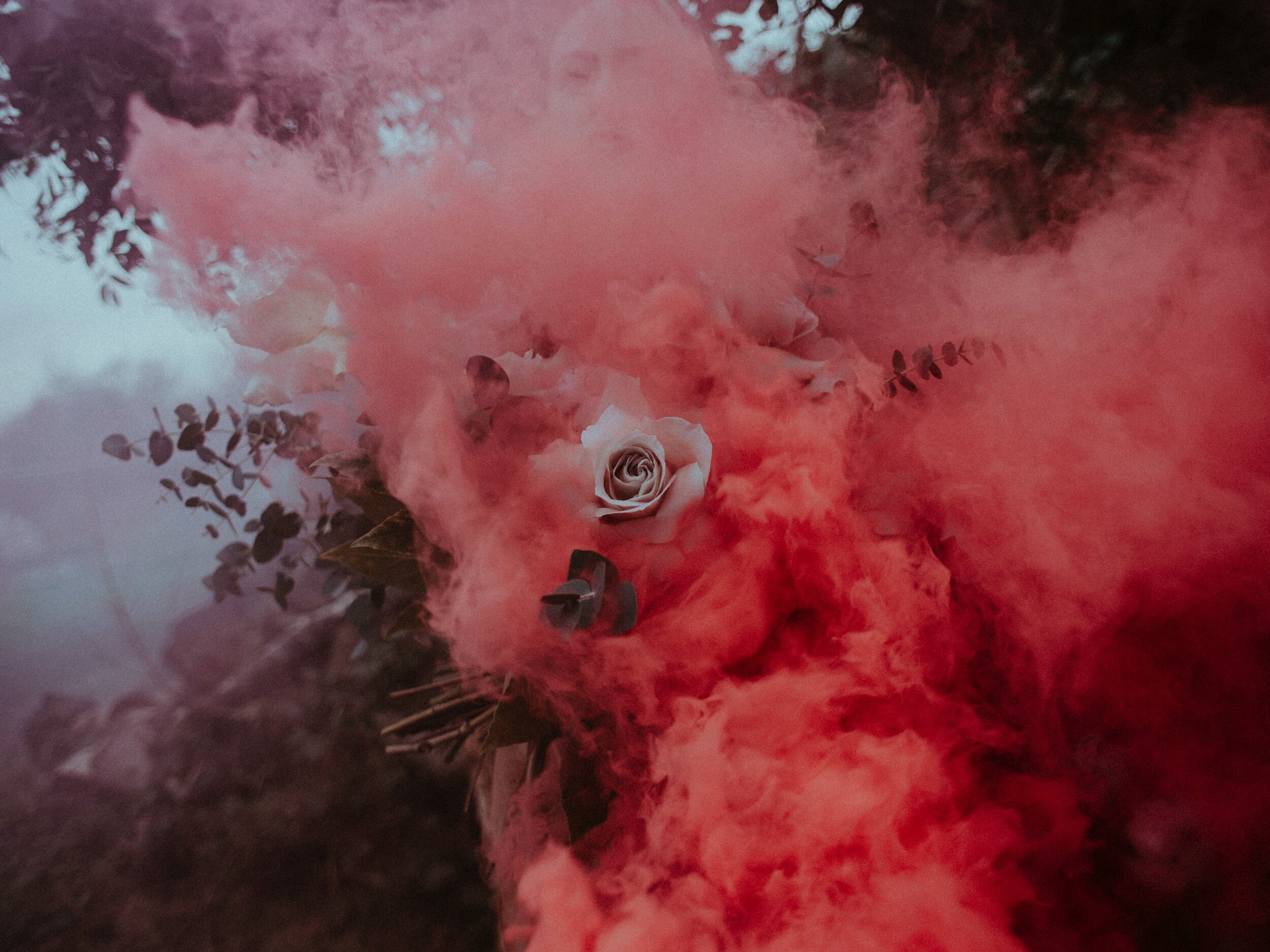True Love Or Blood Roses?
Roses Have Their Thorns
That big red flower that looks like your heart, makes you swoon for your lover, and is less-fattening than a box of chocolates is the American icon for Love. This Valentine's Day, 198 million were produced. But 78% of those Roses come from Ecuador and Colombia, two countries known for human and workers rights violations in the flower industry.
Growers work 20 hours a day near February 14th, at a cut rate of 300 roses an hour. Children as young as 5 and 6 years old are forced to work with known carcinogens and hazardous industrial equipment, without the chance to attend school. As of 2010, 13% of Ecuador's children worked in agriculture.
20% of Toxic Pesticides used on Roses are known Carcinogens, Illegal in the US
The International Labor Rights Fund (ILRF) found that more than 66 percent of Ecuadorian and Colombian flower workers contracted work-related health problems like respiratory problems, and eye disease due to fungicides. Dr. César Paz-y-Miño, a geneticist at the Catholic University, said the World Health Organization classified the materials as 'Highly Toxic. To the New York Times, he described the conditions as astonishing and recalled workers' fumigating in street clothes without protective equipment, pesticides stored in poorly sealed containers and fumes wafting over the workers' dining halls. When asked what government agencies monitor worker health and safety, Dr. Paz-y-Miño said, ''There are no such checks.'' ILRF also found that "flower workers experience higher-than-average rates of premature births, congenital malformations and miscarriages."
Roses are typically fumigated 24 hours before being cut. Then they are soaked overnight in a nontoxic chemical solution and shipped at near freezing temperatures. But because roses are not a food product and not held to the FDA's standards, it is possible that the roses carry toxic material when arriving to the US.
Fair Trade Flower Distributors
An organization called Veriflora sets the standard for worker's rights, water conservation, and recycling in the flower industry. So far, Whole Foods, One World Flowers, and Organic Bouquet are certified.



